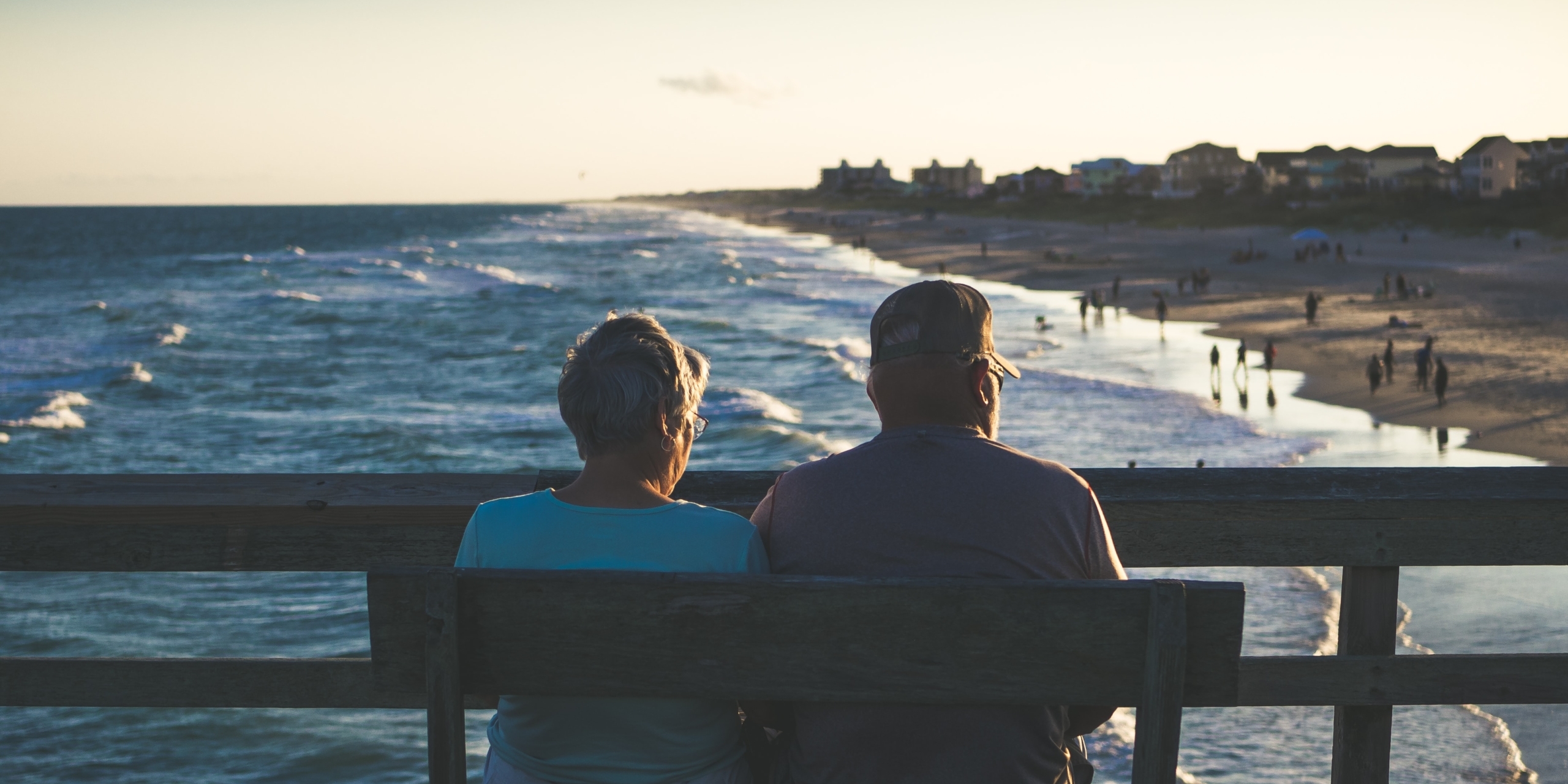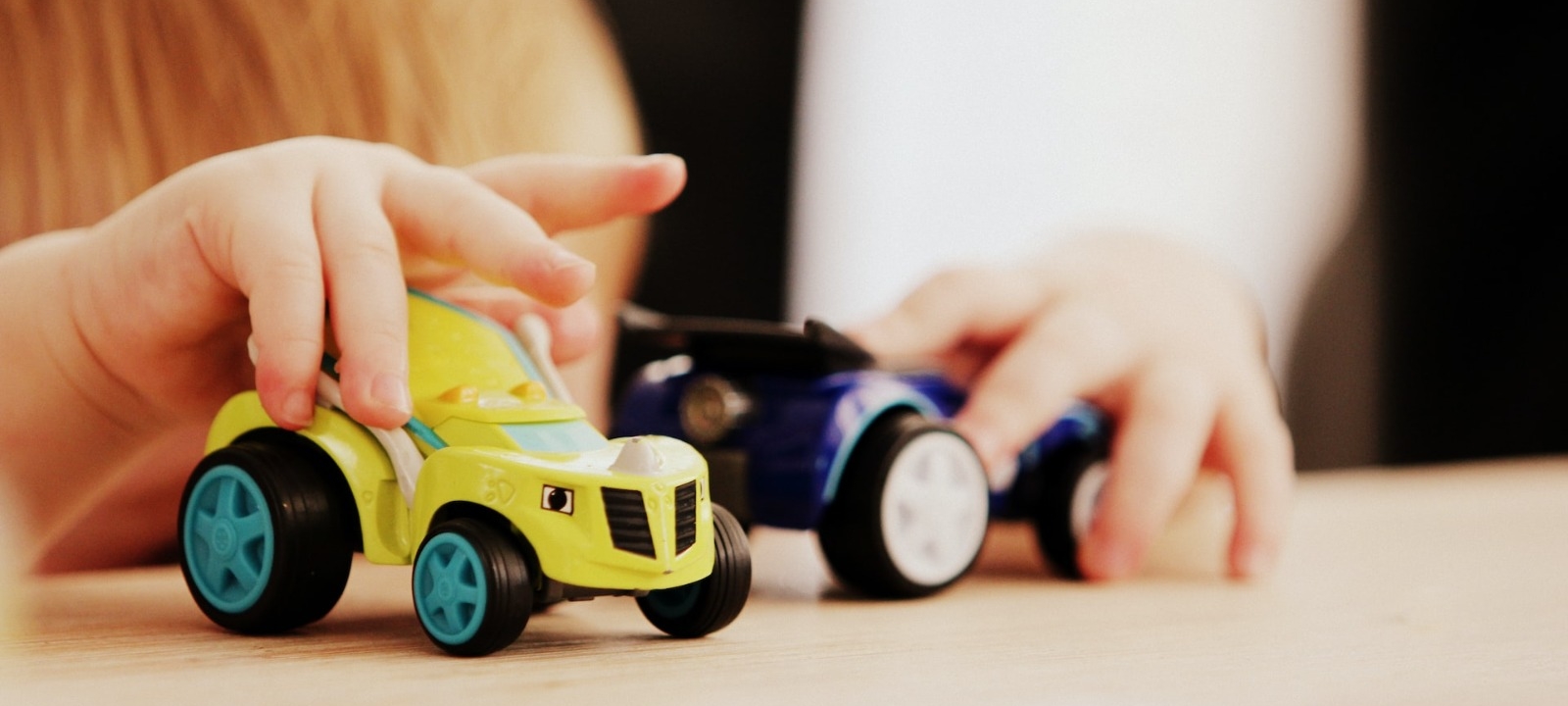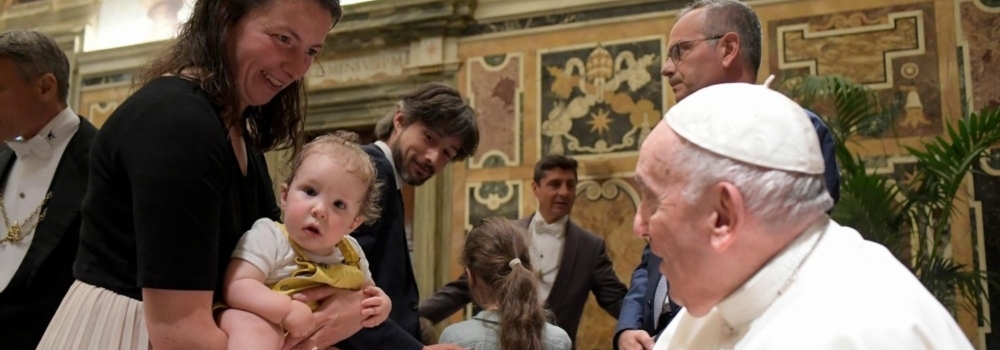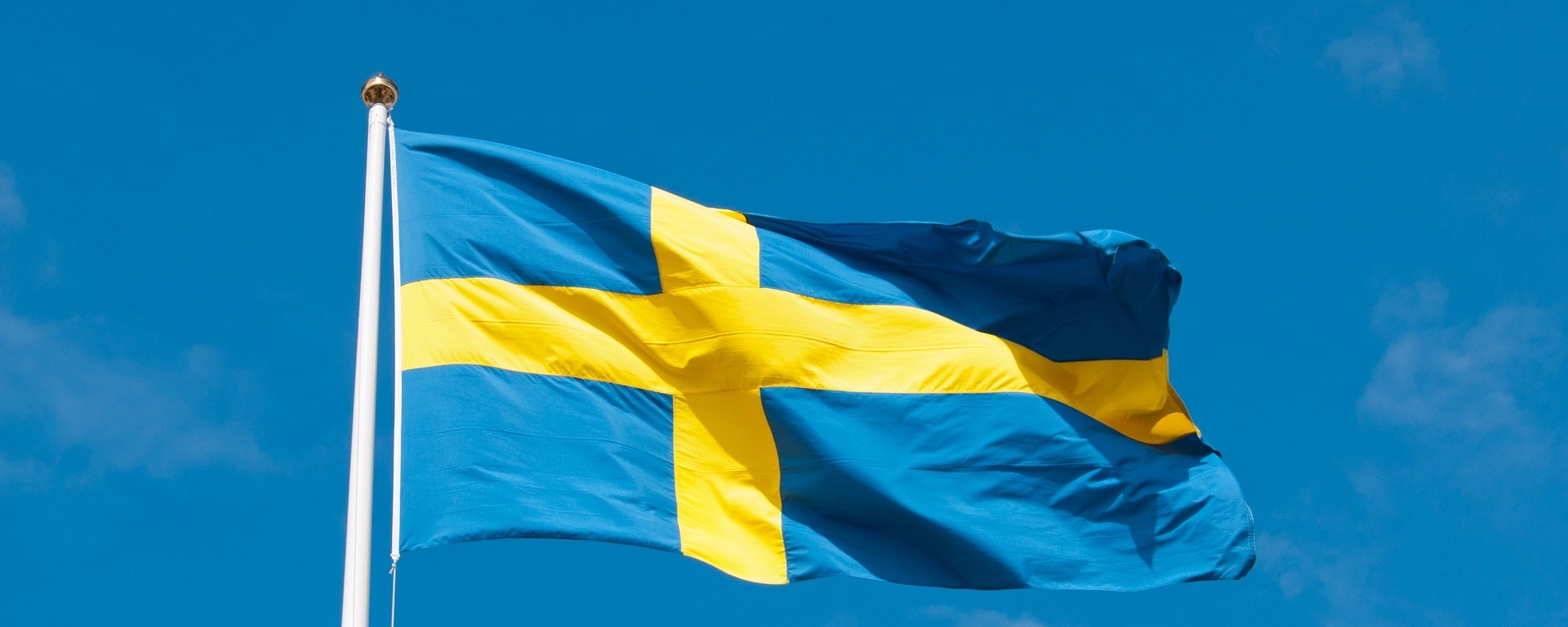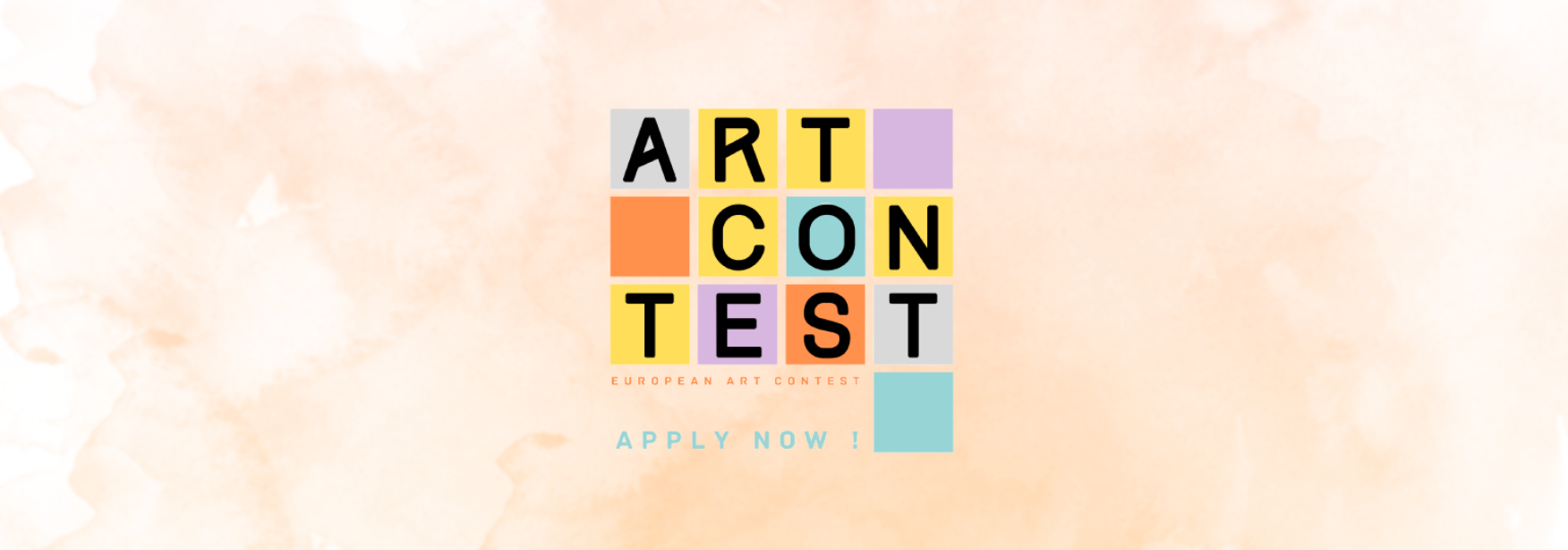Art & Family
The Family is very connected with Art. In this page we would like to encourage families with all their members to live with Art and to make of art by their lives living their faith.
As John Paul II Pope said in 1999 in its Letter to the Artists “Society needs artists, just as it needs scientists, technicians, workers, professional people, witnesses of the faith, teachers, fathers and mothers, who ensure the growth of the person and the development of the community by means of that supreme art form which is “the art of education”. Within the vast cultural panorama of each nation, artists have their unique place. Obedient to their inspiration in creating works both worthwhile and beautiful, they not only enrich the cultural heritage of each nation and of all humanity, but they also render an exceptional social service in favor of the common good.
The particular vocation of individual artists decides the arena in which they serve and points as well to the tasks they must assume, the hard work they must endure and the responsibility they must accept. Artists who are conscious of all this know too that they must labour without allowing themselves to be driven by the search for empty glory or the craving for cheap popularity, and still less by the calculation of some possible profit for themselves. There is therefore an ethic, even a “spirituality” of artistic service, which contributes in its way to the life and renewal of a people. It is precisely this to which Cyprian Norwid seems to allude in declaring that “beauty is to enthuse us for work, and work is to raise us up”.
The distinction between the moral and artistic aspects is fundamental, but no less important is the connection between them. Each conditions the other in a profound way. In producing a work, artists express themselves to the point where their work becomes a unique disclosure of their own being, of what they are and of how they are what they are. And there are endless examples of this in human history. In shaping a masterpiece, the artist not only summons his work into being, but also in some way reveals his own personality by means of it. For him art offers both a new dimension and an exceptional mode of expression for his spiritual growth. Through his works, the artist speaks to others and communicates with them. The history of art, therefore, is not only a story of works produced but also a story of men and women. Works of art speak of their authors; they enable us to know their inner life, and they reveal the original contribution which artists offer to the history of culture. A noted Polish poet, Cyprian Norwid, wrote that “beauty is to enthuse us for work, and work is to raise us up”. The theme of beauty is decisive for a discourse on art. It was already present when I stressed God’s delighted gaze upon creation. In perceiving that all he had created was good, God saw that it was beautiful as well. The link between good and beautiful stirs fruitful reflection. In a certain sense, beauty is the visible form of the good, just as the good is the metaphysical condition of beauty. This was well understood by the Greeks who, by fusing the two concepts, coined a term which embraces both: kalokagathía, or beauty-goodness. On this point Plato writes: “The power of the Good has taken refuge in the nature of the Beautiful”.
Tate Gallery is inviting us to Explore how artists have responded to the theme of Family
National Gallery Art is inviting you to Discover a variety of multi-generational programs
Kids and Families. The Met Museum has so much to offer kids and their families
Ageing Population: UN report shows that it is not only Europe’s problem
15 February 2023, The World Social Report is a leading publication that focuses on significant social topics issued by the United Nations Secretariat's Department of Economic and Social Affairs (DESA), which serves as a crucial link between global economic,
PRESS RELEASE | The dangers of a “European parenthood certificate”
3rd of February 2023, Brussels “A child is not an entitlement and parenthood is not a right; rather, a child is a gift and parenthood is a responsibility.” These were the words of FAFCE’s President, Vincenzo Bassi, in an open
The European Parliament calls for better child protection in online video games environment
24 January 2023, On the 17th of January 2023 a debate was held at the European Parliament’s plenary sitting in Strasbourg on the subject of Consumer protection in online video games: a European single market approach. The document adopted
With 2023 starts the six-month Swedish Presidency of the Council of the EU
5 January 2023, Since January 1st, this year, Sweden took over the Presidency of the Council of the European Union, following France and Czech Republic. The Presidency rotates every 6 months between EU member states. The Swedish programme sets
Launch of the first edition of FAFCE European Art Contest: Who is Saint Joseph for me?
3 January 2023, Launch of the first edition of FAFCE European Art Contest The Federation of Catholic Family Associations in Europe invites artists to reflect on the figure of Saints of yesterday to think and create

